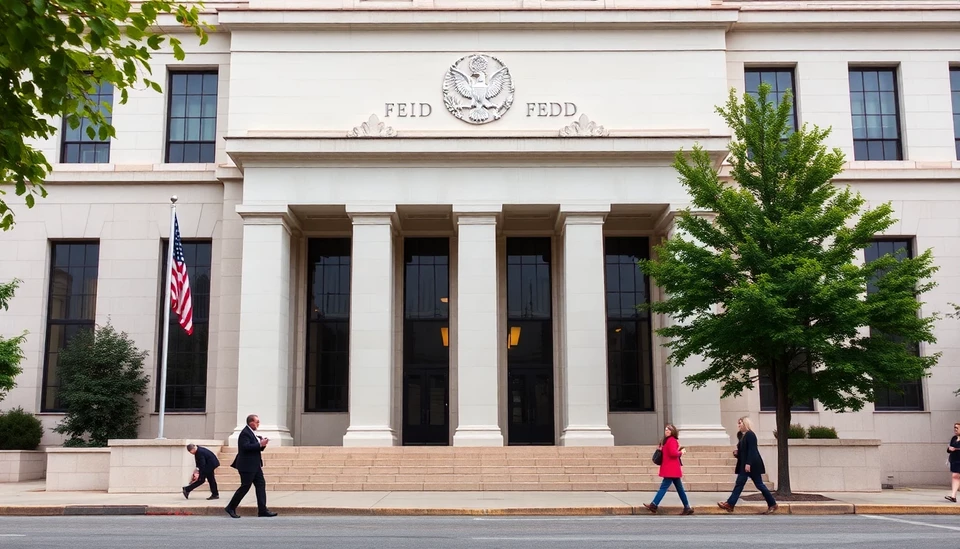
The Federal Reserve (Fed) and the Federal Deposit Insurance Corporation (FDIC) have announced plans to withdraw a final rule related to the Community Reinvestment Act (CRA), a pivotal law that encourages banks to meet the credit needs of underserved communities. This withdrawal comes at a time when both agencies are under increased pressure to evaluate the effectiveness of banking regulations in promoting fair lending and equitable access to financial services.
Originally, the final rule, which was designed to modernize the CRA, faced criticism from various stakeholders who argued that it did not adequately address the needs of lower-income neighborhoods. The intention behind the CRA has always been to combat redlining and ensure that all communities—particularly those historically marginalized—receive fair treatment from financial institutions.
In a recent announcement, the regulators highlighted the purpose of this reassessment. They acknowledged the changing landscape of banking and the necessity of ensuring that the CRA remains relevant in addressing contemporary issues surrounding access to capital and credit. The withdrawal of the rule is positioned as a step towards fostering a more inclusive dialogue on how to improve banking practices to better serve all communities.
Stakeholders, including community advocacy groups, have long voiced concerns regarding the prior rule's potential to dilute the CRA’s original intent. Many believe that without careful oversight and revisions, banks could sidestep their obligations under the CRA, potentially leading to a resurgence of discriminatory lending practices. The Fed and FDIC's decision to withdraw the rule is perceived as an acknowledgement of these concerns and a commitment to refining the regulatory framework to better reflect the needs of diverse communities.
As part of this reassessment, both agencies are expected to engage with a wide range of stakeholders, including community organizations and banking institutions. This engagement aims to develop a comprehensive understanding of the challenges and opportunities that exist within various communities and to explore new strategies for enhancing the CRA’s effectiveness.
The news of the withdrawal and the upcoming discussions has sparked a fresh debate about the future of the CRA and how best to ensure that all individuals, regardless of their economic status, have equal access to financial services. As the Fed and FDIC embark on this journey of reevaluation, many will be watching closely to see how these changes will shape community banking practices and efforts to promote equitable lending in the coming years.
In conclusion, the move to withdraw the final rule reflects a broader commitment to reassess and enhance the effectiveness of the Community Reinvestment Act, addressing both long-standing issues and contemporary challenges within the banking system. The outcome of this effort could have far-reaching implications for financial inclusivity in the United States.
#CommunityReinvestmentAct #CivilRights #FairLending #FinancialInclusion #BankingReform
Author: Daniel Foster




